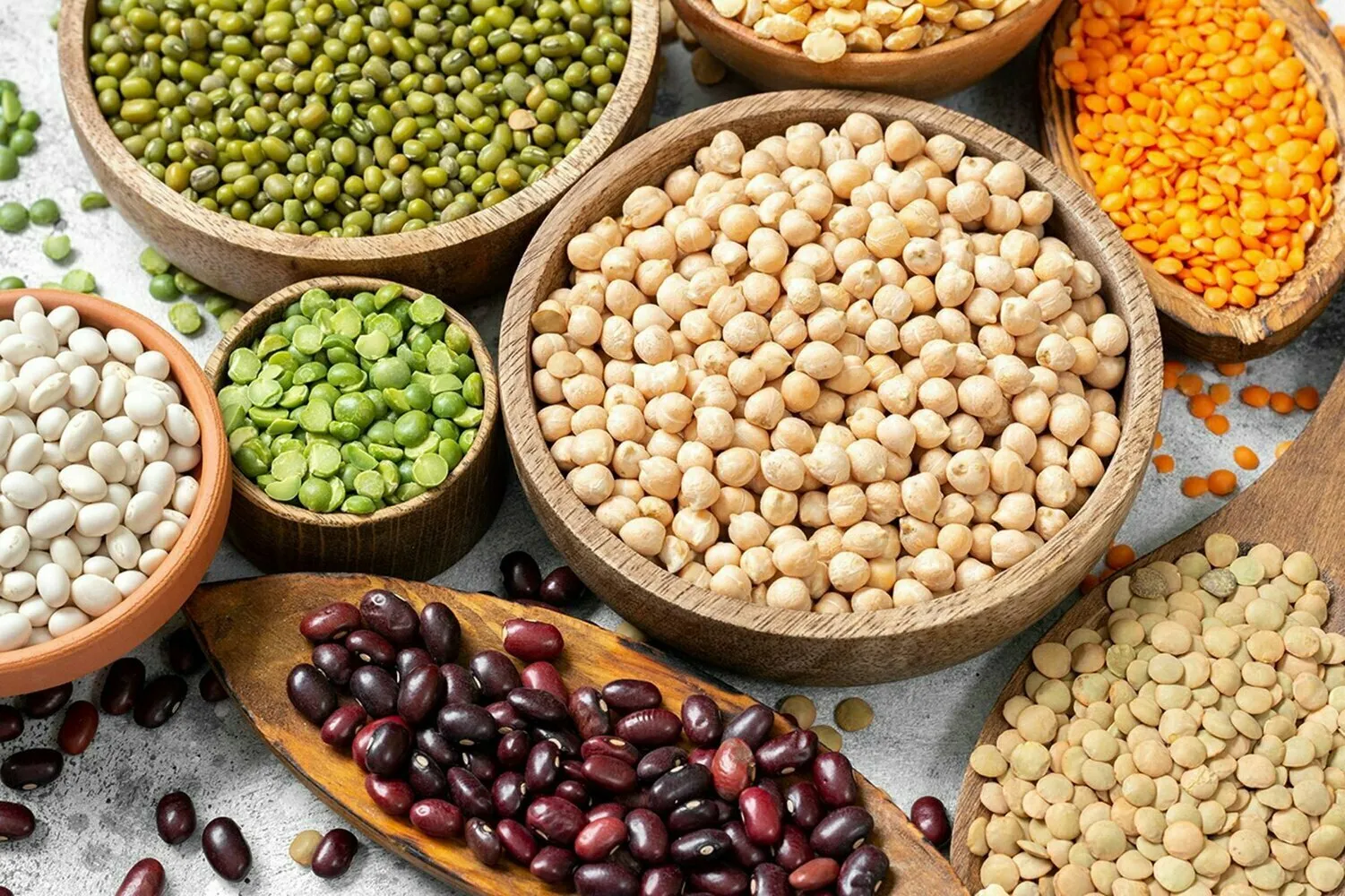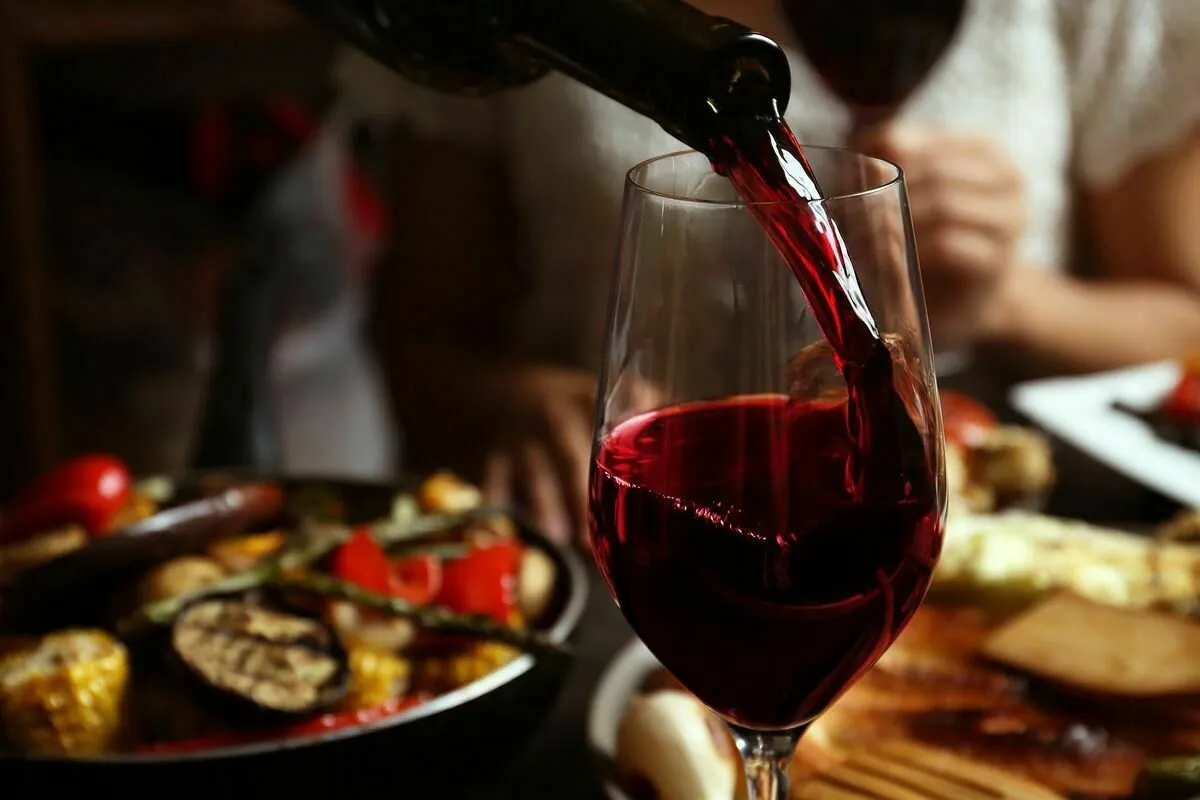What Do People Who Live Longer Eat: Exploring the Habits of Longevists
Examining the specifics of diet and lifestyle
Why do residents of some regions of the world live to 100 years old and remain active? Scientists have been studying so-called "blue zones" — places with the highest concentration of long-lived people. It turns out that the secret is not in genes, but in lifestyle and especially — in diet.
Main points from the article:
- Longevists eat a lot of plant-based food;
- Meat in their diet is rare;
- It's not only what you eat, but also how;
- Strict diets don't work;
- Family meals are important for longevity;
- Traditional foods are healthier than trendy superfoods.
What Longevists Have in Common in Their Diet
In the world, there are several regions where people regularly live to 90–100 years old: Okinawa Island in Japan, Sardinia in Italy, the Nicoya Peninsula in Costa Rica, Icaria Island in Greece, and the Adventist community in California. Despite differences in their cuisines, there are common elements.
On Okinawa, people say "hara hachi bu" — "eat until you are 80% full." This principle is found in all blue zones. They never overeat and often leave the table with a light feeling of hunger.
Plant-Based Diet
Legumes are the main secret of longevists. They eat them daily in every blue zone: lentils in the Mediterranean, soy on Okinawa, black beans in Costa Rica. These are the main source of protein in their diet.
Vegetables make up most of the plate. Not exotic superfoods, but the most common seasonal vegetables that grow nearby. On Icaria, it's wild greens; in Sardinia — artichokes and tomatoes; on Okinawa — sweet potatoes and green vegetables.
 Photo: msn.com
Photo: msn.comAnimal Products: Less and Less Often
Meat in the diet of longevists is more of a spice than a main dish. They eat it rarely, in small portions, usually only on holidays. They prefer lean pork or poultry.
Fish is more common, especially in coastal areas. Mediterranean longevists eat small fish whole, getting not only protein but also calcium from the bones.
Fats That Extend Life
In each blue zone, there is a specific main source of healthy fats. On Icaria and Sardinia, it's olive oil, used generously. On Okinawa — a small amount of fish oil and oil from perilla seeds.
Nuts are another important source of healthy fats. Longevists eat them almost daily, but in small amounts. A handful of almonds or walnuts is a regular part of their snack.
How Longevists Eat
The time and way of eating are just as important as the composition of dishes:
- They eat early in the evening and do not snack before sleep;
- They cook themselves from simple ingredients;
- They eat in the company of family or friends;
- They eat slowly, thoroughly chewing their food;
- They do not watch TV or use phones during meals.
Beverages of Longevists
Water is the main drink in all blue zones. But there are also other traditional drinks:
- Green tea on Okinawa;
- Herbal teas on Icaria;
- Red wine in Sardinia (1–2 glasses a day).
They hardly drink sweet sodas or ready-made juices.
 Photo: blackgoldgolf.com
Photo: blackgoldgolf.comWhat You Can Take Into Your Diet
It's hard to fully copy the diet of longevists in urban conditions, but you can adopt the key principles:
- More plant-based foods: Start with the "half-plate rule" — fill half of your plate with vegetables at every meal.
- Legumes as a base: Add lentils, chickpeas, or beans to your diet at least 2–3 times a week. Start with small portions so your body can adjust.
- Healthy fats: Replace sunflower oil with olive oil, and add nuts and fatty fish to your diet.
What to Avoid in Your Diet
In the diet of longevists, the following are almost absent:
- Processed foods;
- Refined sugar;
- Sweet sodas;
- Fast food;
- Prepared meals.
The Main Secret — Consistency
Longevists don’t follow diets or count calories. They simply stick to the traditional way of eating their whole lives. This is not a temporary restriction but a lifestyle passed down from generation to generation.
It’s important not to try to change your diet abruptly, but gradually introduce healthy habits. Start small — for example, by adding more vegetables to your diet or replacing snacks with nuts and fruits. Remember: the best diet is one you can stick to for life.
Cover: pinterest.com
Need a renovation specialist?
Find verified professionals for any repair or construction job. Post your request and get offers from local experts.
You may also like
More articles:
 What to Watch for Holidays Besides 'Irony of Fate'
What to Watch for Holidays Besides 'Irony of Fate' Storage in Compact Living: 7 Worthwhile Ideas
Storage in Compact Living: 7 Worthwhile Ideas Agata Muceniece's Dream Kitchen: How to Create a Space You Want to Live In
Agata Muceniece's Dream Kitchen: How to Create a Space You Want to Live In Cool renovation of a Pik apartment in a euro-trash 61 sqm
Cool renovation of a Pik apartment in a euro-trash 61 sqm The Main Trend of 2025: Why Brown Became the New Black and What to Do About It
The Main Trend of 2025: Why Brown Became the New Black and What to Do About It 7 Beautiful Solutions Inspired by Designer Interiors
7 Beautiful Solutions Inspired by Designer Interiors 2025 Trends: How Natural Materials Are Taking Over Urban Apartments
2025 Trends: How Natural Materials Are Taking Over Urban Apartments How to turn a marshmallow into a candy: 10 proven methods for a reasonable price
How to turn a marshmallow into a candy: 10 proven methods for a reasonable price